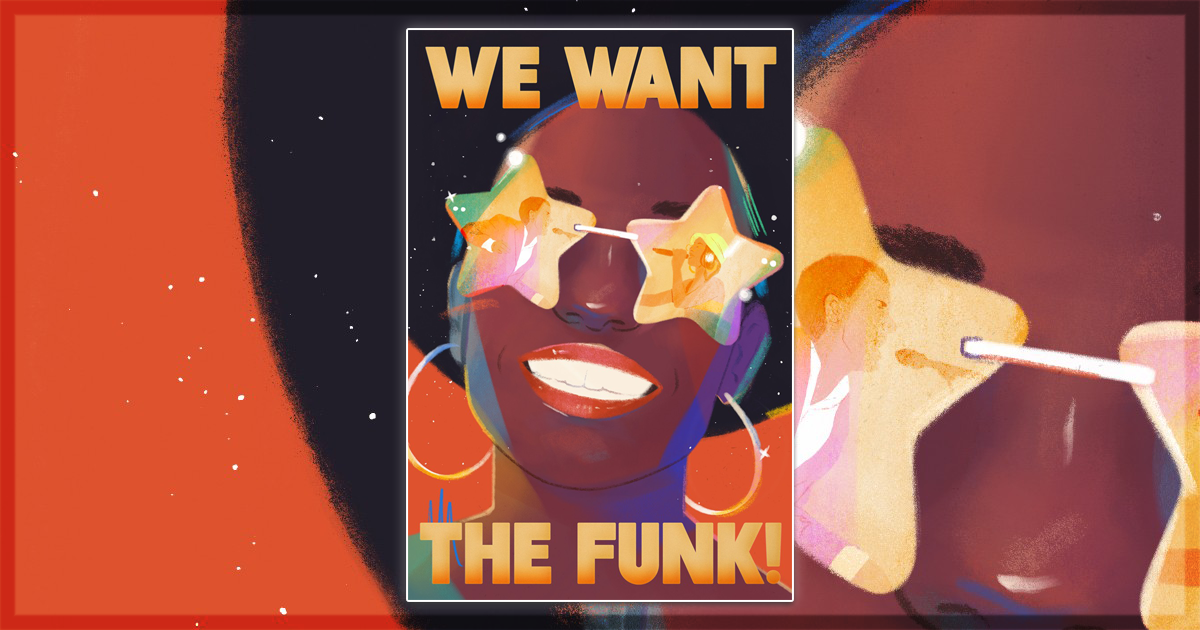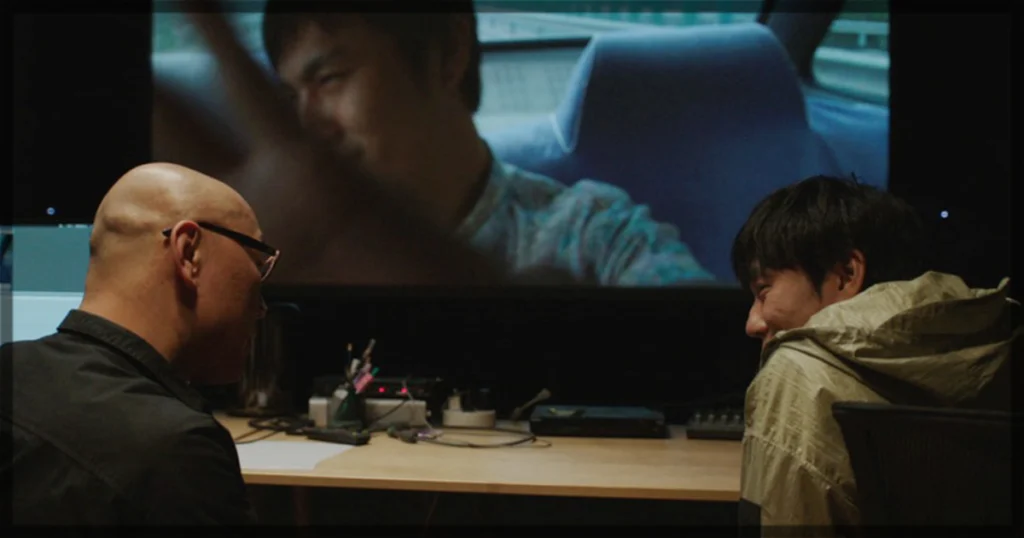In 2021, the well-known director Stanley Nelson received his first Academy Award nomination for Best Documentary Feature for his film Attica. The film uses archival footage to tell an untold story about the most significant uprising in the American criminal system. Nelson fills a crucial vacancy in American filmmaking. He tells vital stories about the living experience of the Black community in the United States. He returns with his partnership on the Public Broadcasting System (PBS) to discuss Funk and Soul music. In We Want the Funk!, Stanley co-directs with the debuting filmmaker Nicole London to tackle one of the quintessential musical genres in modern music.
Nelson and London choose to take an overall glimpse at the genre, its principal artists, and the ones influenced by it. They dive into a talking head approach to the thesis and how Funk and Soul music boosted Black musical production. In a sense, the directors’ approach is lackluster and simplistic. However, they managed to assemble Ahmir ‘Questlove’ Thompson, George Clinton, Robert ‘Kool’ Bell, David Byrne, Marcus Miller, Kirk Franklin, and Nona Hendryx to state their thoughts on the experiences. It has more substance and interest in the importance of Black expression musically. There has been an inter-connection between rock, gospel, jazz, blues, soul, and funk as genres narrating the Black hardships in America. Also, the moments it goes to amplifying the public perception of those expressions beyond comprehending it solely as a commercial effort.
The most engaging discussion provoked by Nelson and London is the influence of the funkadelic – a sub-genre of Black music that mixes funk and psychedelic rock. The segment brings a set of nuances and subtitles that incite reflection on the grandeur of the music. In a statement from Prince Paul, a member of the legendary group De La Soul, he expressed the direct influence they had from the sub-genre. Black music gave samples and musical patterns that resonated in drums, guitars, and bass. D’Angelo and Childish Gambino have borrowed from George Clinton’s melodies and others. The creativity present in the basslines would break the same conventions in music and allow other styles to evolve. Questlove states his love for Sly and the Family Stone, how the inter-racial formation of the group, and the genre-blending propositions in their albums have shifted artists like Prince. He even made a full-length documentary, Sly Lives!, on Sly and his band.
Another one of the film’s highlights is the spotlight on James Brown and his reputation. Brown was the body and soul of Black music in the 1970s and 1980s. His majesty in the dance and the vocal modulations shaped a whole generation of artists who would maximize their performances. The screams, sexy dances, and catchy songs have become icons of an era. The directors successfully explore the personal affection of each of them and the artist. They are moments filled with nostalgia and fondness for a long time. The film benefits from heartfelt connections. In another moment, there is an archival montage of David Bowie and Elton John on the famous TV show Soul Train. Both artists mention their inspiration from American R&B music and how it influenced the groove and basslines of their songs. The directors create proximity and connection between the British pop song and the Black American music. It is a simple but effective manner to broaden the impact it has around the world.
Besides the apparent limitations of the interview format, the film lacks research, choosing some obvious moments rather than exploring unknown facts. Even though it only has one hour and twenty minutes, the film loses rhythm and drags for a while. Unfortunately, it lacks direction on whether it wants to lean more on archives or interviews and lands in the middle. It is a mediocre exercise of the format and how the filmmakers get an automatic approach to documentaries that summarize a specific topic. It is a shame due to the talents of the evolved talent and the topic, a cultural phenomenon.
In essence, We Want the Funk! is a standardized documentary with some highlights. However, when the United States government is planning to defund the Public Broadcasting System, the film is proof of a mechanism that delivers quality filmmaking to the American audience. Besides some filmic inconsistencies, a documentary like Nelson’s and London’s should not get cut by a far-right government.
We Want the Funk! is now streaming.
Learn more about We Want the Funk!, including how to watch, at the official website for the title.


